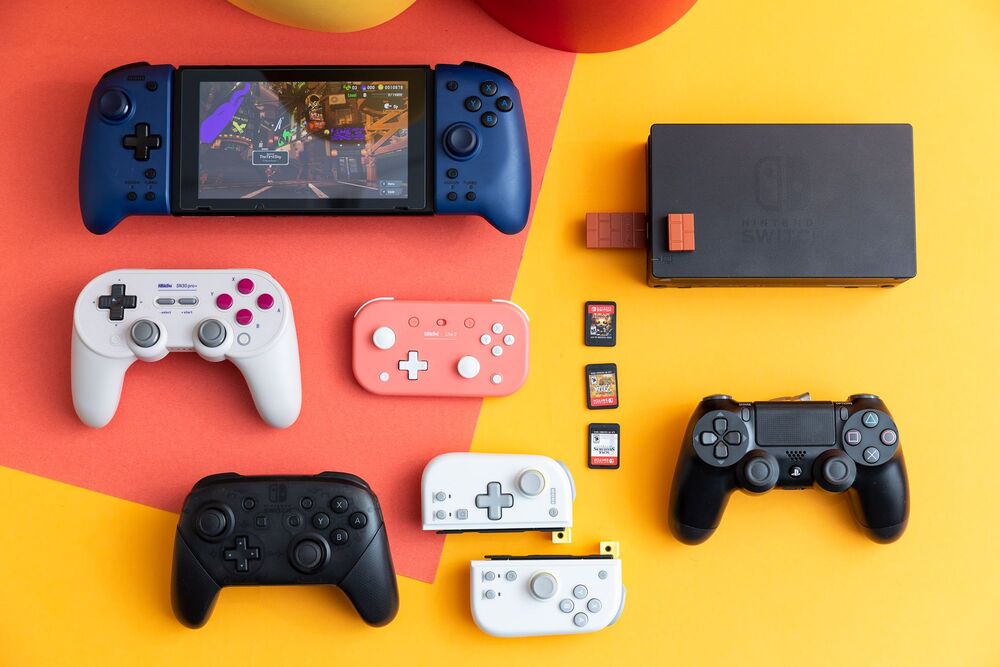- cross-posted to:
- discworld@lemmy.ml
- cross-posted to:
- discworld@lemmy.ml
In a recent interview with Time Extension, Gregg Barnett (the designer of the classic Discworld point-and-click adventures from the '90s) revealed that remasters of the games may finally be on the cards after years of confusion over who owns the rights.
The series of games based on Terry Pratchett’s Discworld books was released between 1995-2000, and is comprised of Discworld, Discworld II: Missing Presumed…!?, and Discworld Noir. All three titles were originally published on PC and were also notably created with the input of Pratchett himself, who helped to edit the dialogue.
For years, it’s been believed that the rights around the game were in a state of limbo due to most of the companies involved in their creation either being absorbed by a larger company or going out of business altogether. Still, though, we couldn’t resist sneaking in a cheeky question to Barnett during our recent chat regarding a potential rerelease, and his answer sort of took us by surprise.
We asked Barnett whether any retro publishers had tried to contact him to try and pick up the trail of where the rights may be, and shortly after, he replied:
“Yeah! We are a little bit beyond that point. I don’t want to give you a scoop, but a Discworld re-release may happen. The original rights are complicated in the UK, but it turns out that 50% reverted to me as the creator because the company Perfect Entertainment had been closed for over 10 years.”
“Whenever something closes in the UK, intellectual property rights revert 50% to the original creator and 50% to the crown, which is King Charles. So that’s the two owners of the games. So yes, there have been discussions and something may be happening down the track – a rerelease or a remaster. But it’s obviously a complicated process when you’re dealing with the crown.”



That doesn’t work
Man I loved Discworld as a kid. I remember my dad bringing it home on a burned CD from one of his cooler friends at work.
Also, it’s bloody absurd that Chazza gets as much of a say in what happens to the IP as the guy that created it. If we needed any clearer indication that IP law is not about protecting or incentivising creators, this is it.